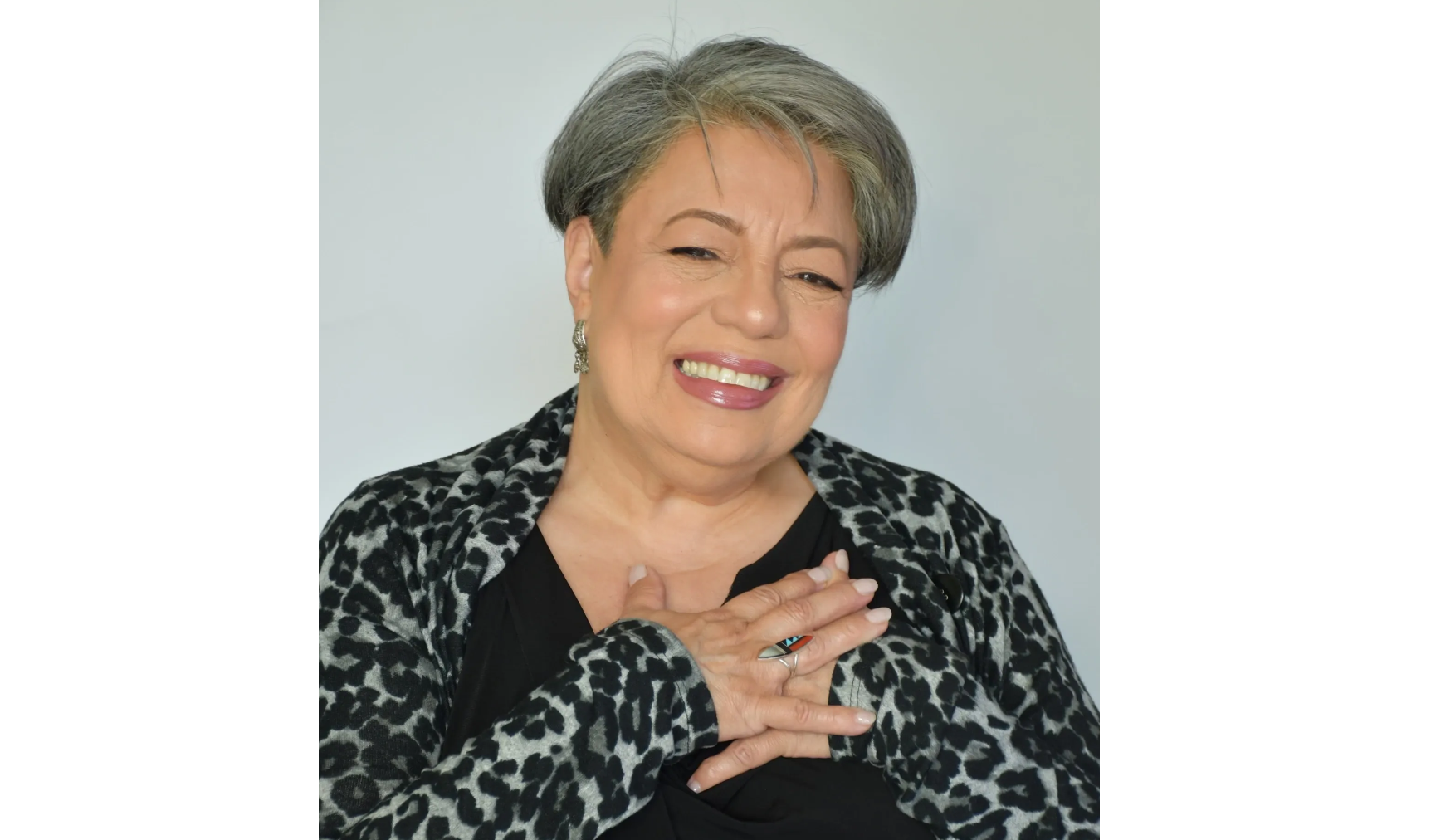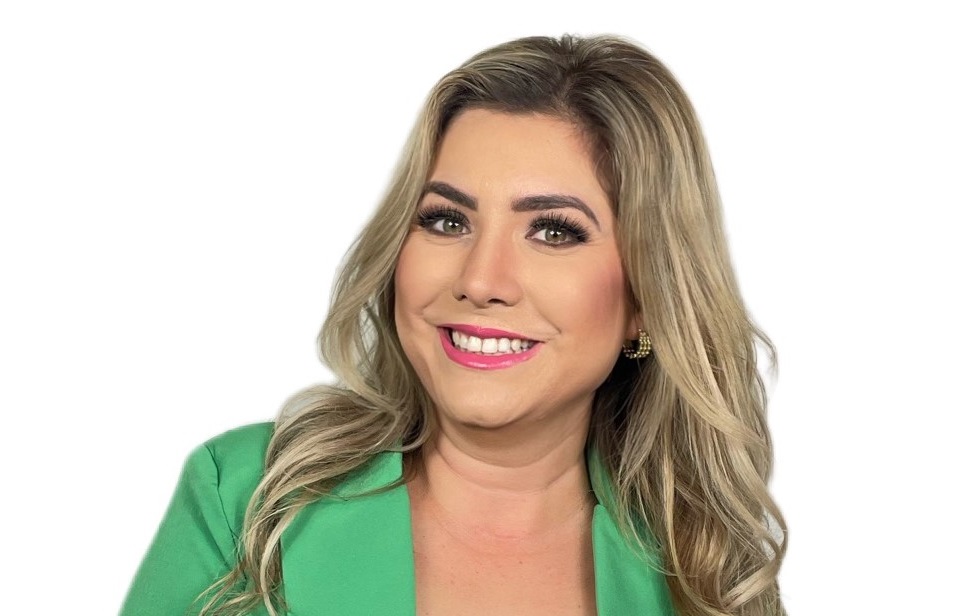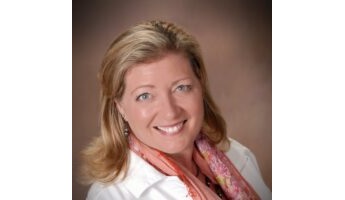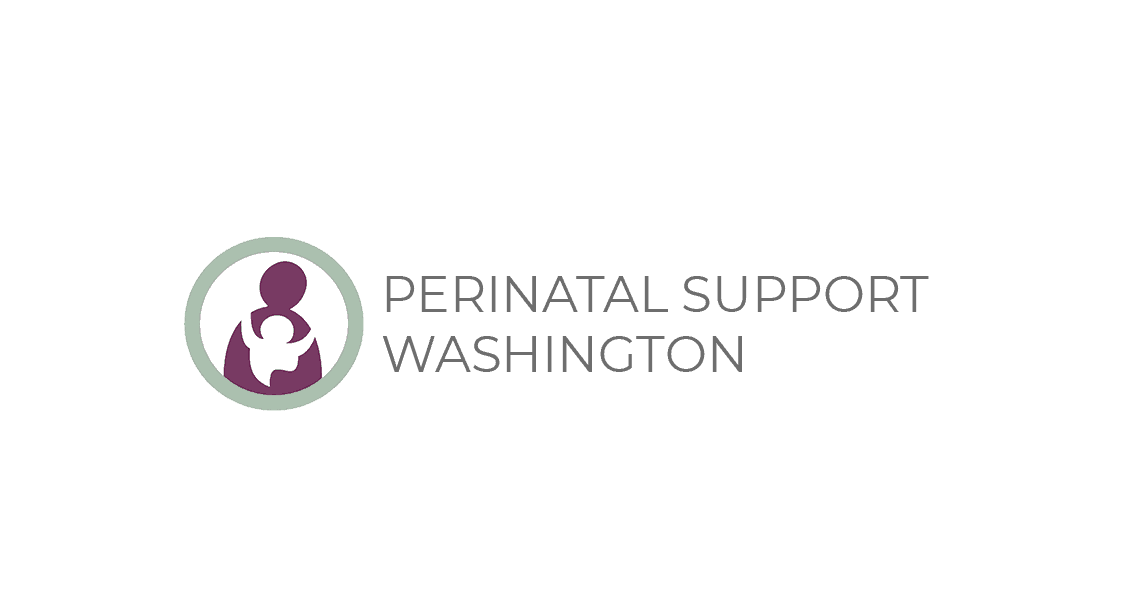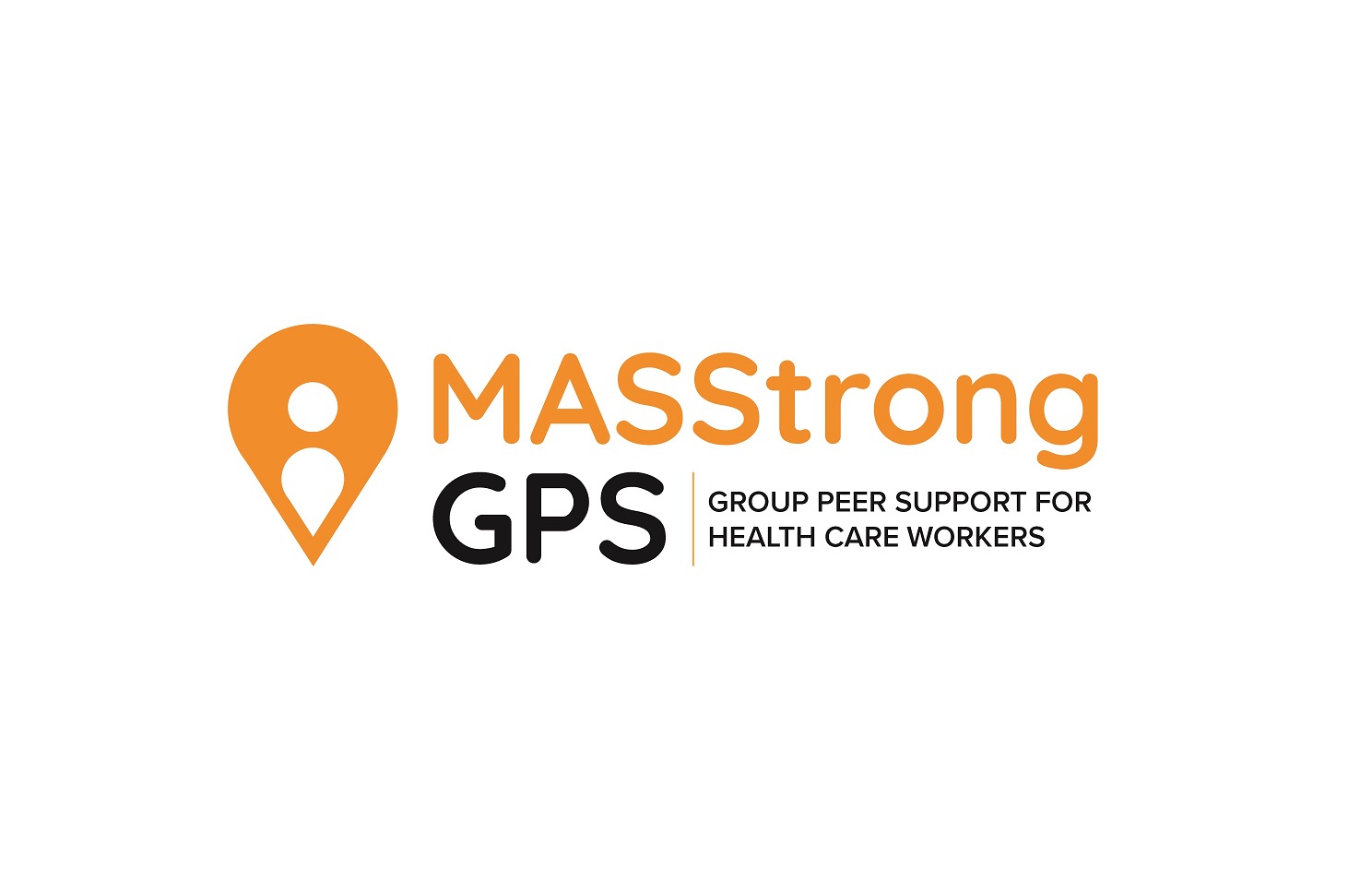In her position as GPS Project Manager, Marcy Langrock applies a broad range of skills that keep us going. Her work touches on everything from finance and tech to administration and marketing.
“It’s a small company, so we just step in where we’re needed,” said Langrock of GPS staffers. “I have an MBA and I’ve worked as a project manager in the tech sector, at healthcare-focused organizations and nonprofits, so I’m pretty comfortable working across the entire company.”
Langrock is also a certified GPS Support Group Facilitator with plenty of experience creating and running groups in her Seattle community.
Langrock was introduced to the GPS model several years ago when she enrolled in a course on dismantling white supremacy led by noted academic, civil rights activist and reproductive justice advocate Loretta J. Ross. The course included a session of GPS for Solidarity, a support group GPS developed in partnership with Ross to help people address the emotional aspects of conflicts and expand their ability to navigate challenging interpersonal situations respectfully, with integrity, honestly, and compassionately, with an eye toward a productive outcome.
Langrock had studied the work of prominent anti-racist scholars and activists, but said she found GPS for Solidarity “so much more transformative.”
“It made me realize that I was sitting in that shame space. I remember one of the leaders saying, ‘Hey, you’re not to blame for white supremacy, but you’re responsible for dismantling it,’ which to me felt like such a different mindset,” said Langrock. “Like, I don’t need to be sitting there and working through the shame and blame for our country’s entire history of racism, but rather, I am empowered. I actually have the power to help break down white supremacy.”
That realization inspired Langrock’s anti-racism work anew. She began working with Ross as a Solidarity Group facilitator. When Ross teamed up with Loan Tran, an organizer, human rights activist and national director of Rising Majority, to present the solidarity-building course series “Calling In the Calling Out Culture,” Langrock facilitated groups for both of them, and also provided tech support.
Langrock also joined the Coalition of Anti-Racist Whites (CARW), her local chapter of the national network Showing Up for Racial Justice (SURJ). As part of her work with CARW, she helped write curriculum for neighborhood cohorts, which were similar to GPS solidarity groups, drawing on the GPS model. She also helped train group facilitators, again drawing on her GPS background.
Tackling Another Unmet Need in Her Community: Autism Support
At the same time, as the parent of two autistic children—now adults— Langrock was active in online communities related to the condition. While she found some of the discussions helpful, she also observed that groups often included gatekeepers who aggressively chastised other well-meaning community members for perceived slights such as poor word choices, or for speaking up despite not being autistic themselves.
“I was noticing that there were spaces where people were just being shut down,” Langrock said. “I was also being told that I don’t have anything to say in those spaces, when I actually have helpful experience dealing with schools, for example.”
Langrock knew that securing the proper education services for autistic students is often an uphill battle that requires parental advocacy to ensure students are placed in the least restrictive educational environment possible.
“But schools don’t have enough resources and if you’re not an advocate, or you don’t know what’s going on, they’re just going to go the path of least resistance for you, and make it the easiest on them,” said Langrock. “I had that experience, and I was in spaces where parents were asking about this, but then I would be shut down.”
It brought back the feelings of isolation she experienced in the absence of support when her children were younger.
“You have the ‘experts’ giving you advice, but you’re the parent, you’re the one who knows your kids the best and they don’t always need what the experts say,” Langrock said. “I wanted to create a space where parents can get together and share those very hard things that aren’t easy to say out loud.”
At the time GPS did not have a group tailored to parents and caregivers of autistic individuals. GPS CEO and Co-founder Liz Friedman suggested that Langrock write curriculum for one.
Her group provided a place where parents and caregivers felt safe to share difficult truths—including doubts about whether they should have had children—and hard-won successes. Langrock said her group attracted participants from a range of different backgrounds, family constellations, and experiences with autism.
Regardless of their circumstances, what people raising autistic children have in common, said Langrock, is the challenges it poses within families. That’s why creating space for them to share their experiences is so important.
“The divorce rate is really high for parents of autistic children because there’s a lot of stress that goes on and having the space where you can talk about it almost feels disarming,” said Langrock. “There are really heavy things that we care about and carry around, and when we can share it out, then we’re all helping to carry it now. It just feels so much lighter.”
Participants also processed the rapidly evolving and changing autism therapies they tried or were considering. Such discussions, she said, were particularly beneficial for single parents or those with limited resources who don’t have the time or money to do research or experiment with different therapies.
“Raising an autistic child looks so different for people who don’t have economic resources,” said Langrock. “So that was another thing I wanted to help share out — information about what’s out there for our kids—for parents who might not otherwise hear about the range of therapies.
Due to her Project Manager responsibilities, Langrock’s autism support groups are currently on hiatus, but, working from a lengthy waitlist, she’s planning to start one again this spring.
“I could never run enough of these groups to meet the need,” she said.
To that end, Langrock is eager to support others in her community who would like to launch a GPS group.
“There is a woman with autism in our neighborhood who wants to run groups for autistic adults. And I was like, ‘Hey, if you want I will support you however you need.’ I think that would be a really great perspective,” said Langrock.
Langrock has a deep appreciation for how effective the GPS model is for the populations she works with. Its emphasis on creating a judgment-free zone, a no-advice zone, and bearing witness to emotion without trying to rescue each other empowers participants to reach their own conclusions and make their own decisions about their next steps.
“And I think that is beautiful, because it means that they have control,” she said. “They know, ‘Hey I’m still processing this. I’m not sure what my next steps are. But now we’ve all talked about this, we’ve all held this, so now it’s becoming clearer for me.’ There’s just so much power in that model.”

